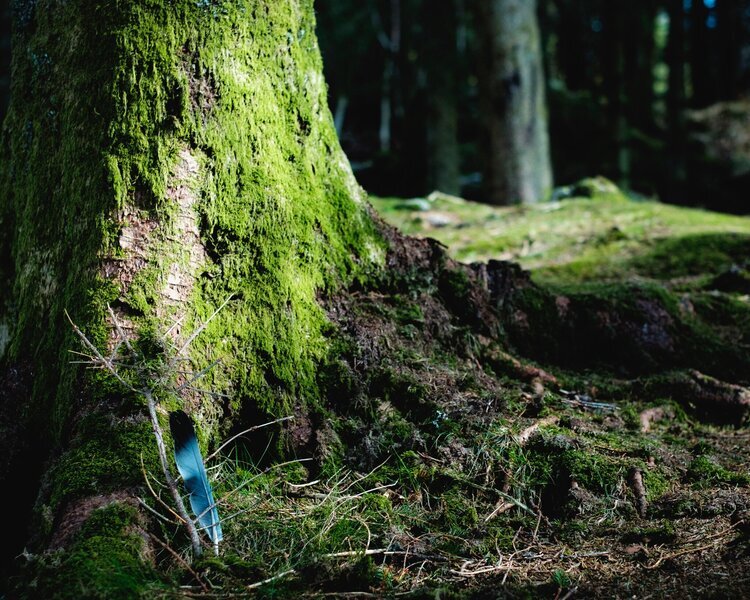Biosolids & Resource Recovery Program
ABOUT THIS PROGRAM
Biosolids and resource recovery are of significant interest to the water industry. The way biosolids are currently managed - by stockpiling - is labour intensive, involves a lot of land, and risks polluting land and water tables. Water corporations need more sustainable and efficient management options as urban sprawl increases pressure on land use and our growing population increases the volume of biosolids we produce.
Similarly, a more efficient and low energy resource recovery system is also an industry focus. There are a range of potential projects to consider in this area. Take a look below at what we’re currently working on.
Program Manager: Aravind Surapaneni from South East Water.
Deputy Program Manager: Rodrigo Marquina from Goulburn Valley Water.
This video provides an overview of the Biosolids to Biochar collaborative project.
Watch the program update at our recent members conference.
Current projects
Biosolids to Biochar Project
This project uses a novel pyrolysis purpose-built system - developed by RMIT - to convert biosolids into smart carbon materials (called biochar). The aim is to reduce biosolids stockpiling and create a value-added material.
We are working with RMIT, South East Water and Western Water on this project. Lab, semi-pilot and a full pilot trial have been completed and we are now working on the next stages. The project won the People’s Choice award at the Sydney Water/Northumbrian Water Innovation Festival - watch the video here.
Innovative use of biosolids to overcome subsoil constraints
The project is a collaboration between Victoria University, Grain Research Development Corporation (GRDC) and IWN.
It is looking at how to use biosolids to improve subsoil constraints in the grain industry. The trials involved injecting biosolids into the subsoil of agricultural land at two sites, working with Barwon Water and Central Highlands Water.
The results have been promising so far. When finalised, we will make the report available to IWN member organisations.
Microbial monitoring of biomass in wastewater
Managing alum sludge is a costly aspect of operating an activated sludge treatment plant.
This project aims to investigate and implement different ways of doing this. It is assessing alternatives to the conventional control measures, such as Mixed Liquor Suspended Solids (MLSS) or Mixed Liquor Volatile Suspended Solids (MLVSS) by using cellular Adenosine Triphosphate (cATP). The project is being run as a PhD project with Barwon Water.
Completed projects
These projects have been completed under our Biosolids & Resource Recovery Program. Please email us if you’d like more information about the projects and their outcomes.
Nutrient removal/recovery project - trialling Victoria University’s nutrient capture process at a wastewater treatment plant, aiming to improve treatment efficiency, reduce energy consumption and enrich the nutrients of biosolids.




